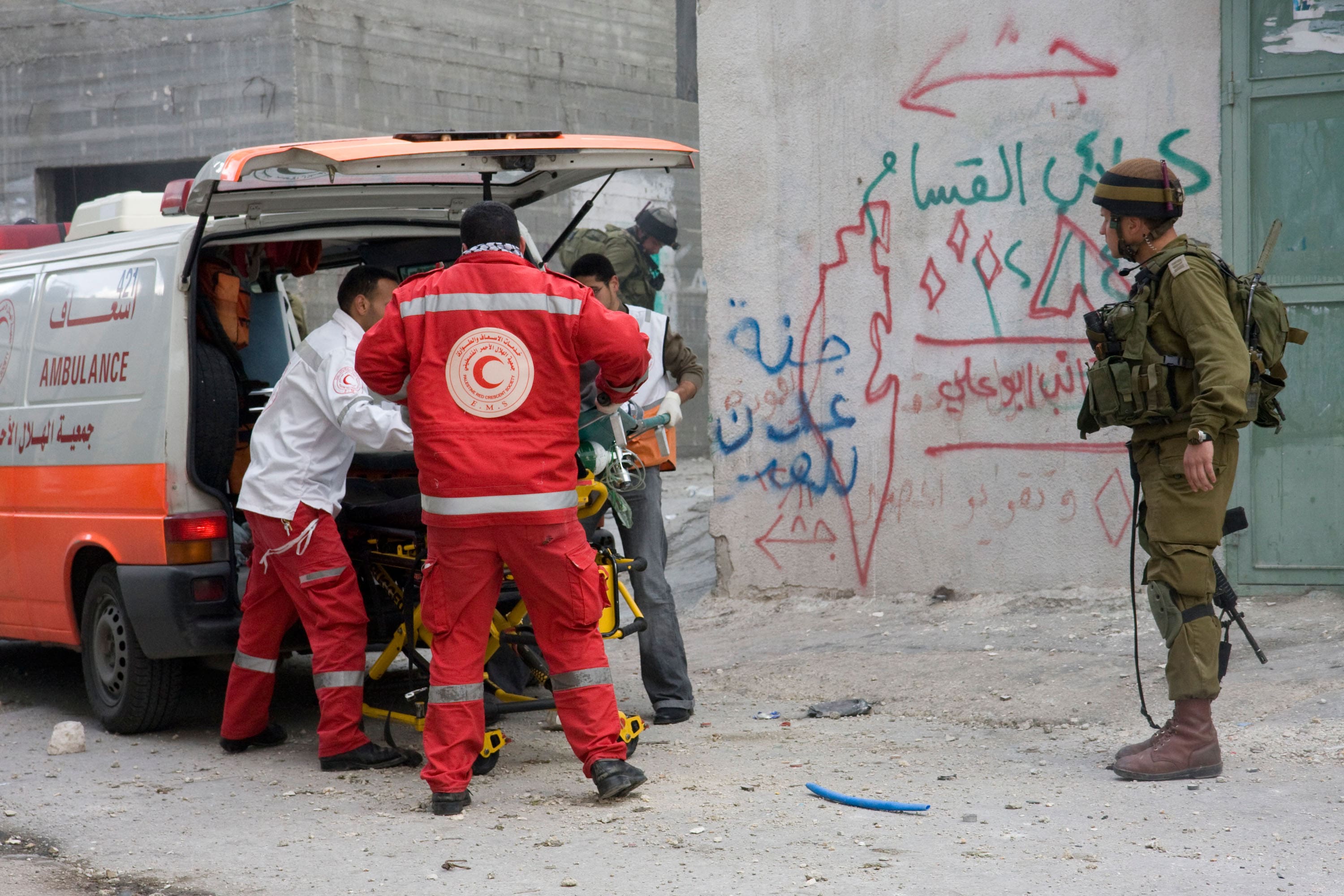
The implications of the revival of the Palestine Liberation Organization (PLO) for the Palestinian health sector would vary significantly depending on the motivation of such a revival, the actors involved, and the response of the international community. This is because, as it stands, the PLO has become subsumed under the Palestinian Authority (PA). As long as this arrangement persists, so too will the status quo, with the agenda of the PLO itself having little to no influence over the health sector.
Revival Within the Status Quo
The revival of the PLO would not be possible under the leadership of PA President Mahmoud Abbas or his inner circle. It would therefore either necessitate a change in PA leadership through democratic elections—including from within Fatah—or mass Palestinian mobilization demanding representative and legitimate leadership committed to liberation. Either way, an interim period marked by detrimental effects on Palestinian health would likely follow, especially if there are cuts to foreign aid.
In fact, regardless of the way the PLO is revived, the initial reaction of the international community would likely be one of caution, spurring decisions that have negative ripple effects on the health sector. Indeed, the US’s annual waiver on its relationship with the PLO depends on the whims of the regime in power. In 2018, for example, the Trump administration shuttered the PLO office in Washington, D.C.; Trump’s successor, Joe Biden, pledged to reopen the office, but two years into his term, has yet to do so.
This indicates a reluctance among donors to re-engage with the PLO. If the PLO reclaims its place as the global representative of the Palestinian people, it is highly likely that a significant portion of the international community would at least temporarily reduce or halt funding to the PA and its institutions, since it serves as the de facto service provider of the PLO. This would be especially likely if the PLO reintegrates armed struggle in its methods. A cessation of funding to the PA would likewise disrupt the functioning of the Ministry of Health (MoH) in the West Bank, leading to similar outcomes on the health sector as a collapse of the PA altogether.
Furthermore, with Hamas currently out of the fold of the PLO, it is unclear what a revived PLO would mean for healthcare in Gaza. If donors like Qatar—which financially supports Hamas but is at least rhetorically supportive of the PLO—pause or reduce funding, the health sector would be severely impacted in the Hamas-controlled enclave. International humanitarian agencies may also face funding shortfalls if they are perceived to be cooperating with a designated “terrorist organization,” and thus, even this potential cushion to a funding crisis for the PA would be threatened.
Israel may additionally designate domestic Palestinian health-related organizations as terrorist groups, as it did with the Palestinian Health Work Committees in 2021. This would limit their ability to function within the West Bank and Gaza, and may impact their fundraising opportunities with foreign donors. Finally, health organizations directly related to the PLO, such as the Palestine Red Crescent Society, would face uncertainty of their own. If the PA faces a financial crisis, the Red Crescent would likely experience significant funding shortfalls, as the Palestinian National Fund provides about 27% of the organization’s funding. Depending on the global reception of the revived PLO, international donors to PLO-affiliated organizations may pause or limit their funding, creating additional challenges.
Possible Benefits
The revival of the PLO could invigorate grassroots Palestinian liberation efforts in the West Bank, Gaza, 1948 territories, and the diaspora, that would have positive effects on health in the long-term. Indeed, unlike the PA, which is an administrative body limited in its mandate to the West Bank and Gaza, the PLO was created to be “the sole legitimate representative of the Palestinian people…everywhere.”
The process to reform the PLO as this genuinely representative body would be painstaking and difficult. However, assuming such a transition, many of the community-led efforts to address issues in health, education, agriculture, and other sectors may be revitalized after years of co-optation by the rigid structures of the PA—structures that were built to mimic the western institutions of the countries funding them. Such institutions could be rebuilt under a reformed PLO, even with less international funding, to more closely meet the needs of Palestinians towards a liberation agenda.
A liberation agenda spearheaded by a revived PLO would require two aims in the health sector: first, building a Palestinian-led health system in the West Bank and Gaza that is inclusive, responsive, evidence-based, and intersectional—one that engages with the unique risks to the Palestinian body and mind. Efforts of such a system would include a focus on preventive and holistic wellness, a complete reformation of medical education, and an innovative approach to service delivery that also emphasizes health access for all Palestinians. However, this would be difficult in the event of a loss of funding from international donors, and depending on the constraints imposed by Israel, healthcare provision could become exceedingly difficult.
Thus, the second aim would have to be centering Palestinian health and well-being as part of a call for liberation that engages the international community, including Palestinians outside of colonized Palestine. A revived PLO would need to treat healthcare as a human right long denied to Palestinians in a variety of ways, instead of as simply the consequence of military action or humanitarian inaction. External health initiatives would thus have Palestinian oversight, and efforts that are not sustainable, that do not acknowledge the sociopolitical experiences of Palestinians, that enable Israel’s human rights violations, or that do not build long-term capacity in the West Bank and Gaza, would be rejected.
Importantly, the revival of the PLO could shift the global consciousness towards Palestine and Palestinians, not just from the international community, but within Palestinian communities in colonized Palestine and the diaspora. Recognition of the Palestinian cause as not just one of protracted conflict or humanitarian tragedy, but one of liberation and justice, presents opportunities for a truly decolonized health system—one that could serve as a model for other oppressed populations.








